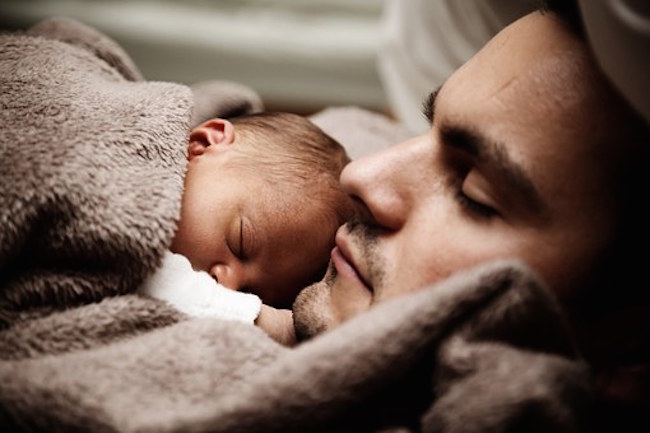What I Learned From My Father About The Prodigal Son BY: MIKE KERRIGAN for The Federalist
We can see ourselves as the prodigal or elder son at different stages of life, but we ultimately are called to progress to spiritual fatherhood.
“When I was a boy of fourteen, my father was so ignorant I could hardly stand to have the old man around. But when I got to be twenty-one, I was astonished at how much the old man had learned in seven years.” So said Mark Twain, and so have felt countless sons. Well past twenty-one, I continue to be astonished at how much my old man has learned.
A memory illustrates. Early last year, I was driving home from Mass with my family on Sunday morning. There the readings had included the Gospel of Luke’s parable of the prodigal son. It’s the tale of the headstrong son who demanded and squandered his inheritance and then begged for forgiveness, his older brother who never rebelled, and the father who loved them both.
I had always identified with the prodigal son, and figured everyone else did, too. This is partly due to my Irish heritage which, according to William Butler Yeats, means I have an abiding sense of tragedy, which sustains me through temporary periods of joy.
I said this to my wife, Devin, as we drove home from church. She said she understood the sentiment, but admitted at times feeling a certain kinship with the dutiful elder son. We clearly had interpreted the lesson differently, which surprised me. I decided to consult my father to break the tie.
I called him from the car, asking which character in the parable he identified with most. “Easy,” he answered. “The father.” Believing God alone had been, well, perpetually cast in that role, I never thought picking the father was an option. It seemed my dad, when faced with multiple-choice options (a) or (b), was puckishly choosing (c) as a write-in answer. Or so I thought.
Weeks later I shared the breezy exchange with Dr. William Muse of Knoxville, Tennessee. Muse, a contemporary of my father, is a dear friend whom I figured could use a smile. We were together in Dallas where he was tending to his daughter, Amanda, who was dying of cancer. Sad of heart but undaunted in his Catholic faith, he somehow found time to counsel me.




